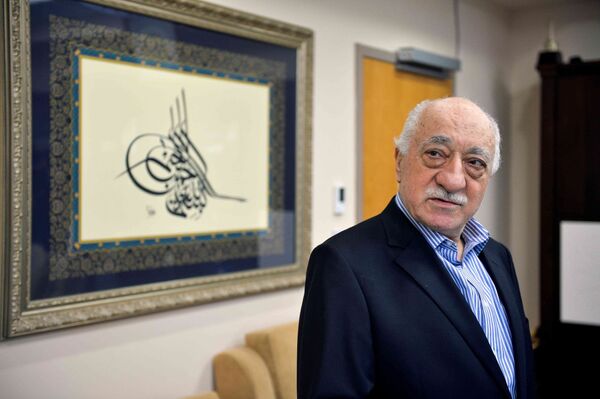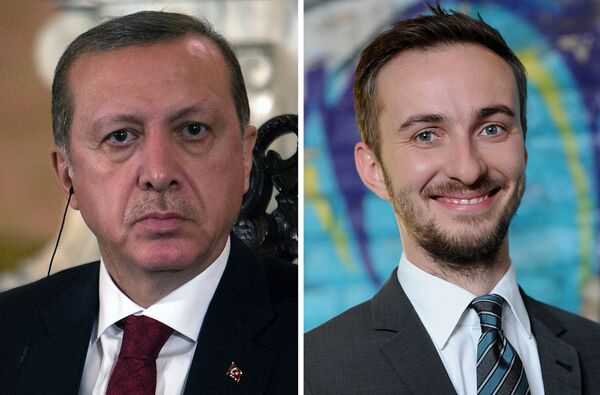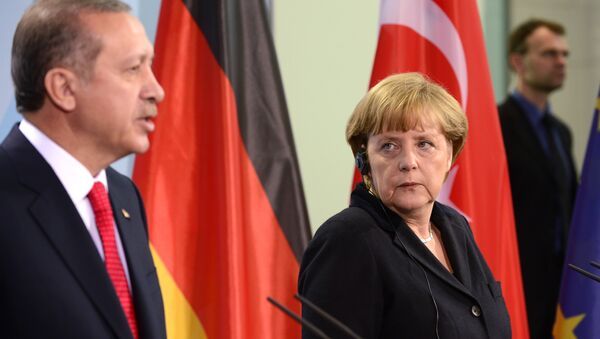Gulen is considered a state enemy in Turkey, following allegations that the exiled preacher was behind the failed coup, July 2016, against Turkish President, Recep Tayyip Erdogan. The Turkish leader has clamped down on Gulen's followers both at home and abroad.

The latest allegations concern reports that the German Office for the Protection of the Constitution in North Rhine-Westphalia found that imams at the Turkish-Islamic Union for Religious Affairs (DITIB) had passed on the names of some 28 alleged supporters of exiled Turkish cleric Fethullah Gulen to Turkish officials at their consulates in Cologne, Düsseldorf and Munich. These included a group of teachers in German state schools, which provide Islamic religious education.
Federal officials, January 24, announced the ending of an agreement brokered in 1974 between Germany and Turkey to mutual assistance on criminal matters. It followed allegations that Erdogan's government was using the pact to pursue Gulen followers in Germany.
Satirical Spats
Relations between Ankara and Berlin have been under strain for some time, particularly because the German media has not been afraid of taking a swipe at the Turkish President, who is under fire for clamping down on press freedoms in his own country and silencing journalists who criticize him.
The latest row follows on from the spat over the front cover of respected German magazine Der Spiegel, showing Erdogan wearing sunglasses reflecting two minarets as rockets taking off from a mosque and describing him in an article as a "Dictator".
'Der Spiegel' special edition: '#Turkey, the country which lost its freedom.Dictator at war w (own) Kurdish cities' pic.twitter.com/z9N8MTrEEm
— Cahida Dêrsim (@dersi4m) 10 September 2016
Prior to that, there was diplomatic strain when German satirist Jan Böhmermann broadcast a poem on ZDF television sitting in front of a portrait of Erdogan, reading out a poem that accusing the Turkish president of "repressing minorities, kicking Kurds and slapping Christians while watching child porn," among other things.

Erdogan demanded that Böhmermann be prosecuted, which German Chancellor Angela Merkel has allowed, under a little known German law, although, no prosecution — in the end — followed.
On top of that, Turkey banned German lawmakers from visiting Incirlik Air Base, in southern Turkey, used by the German military in response to a German parliamentary resolution declaring the 1915 massacre of Armenians by Ottoman forces "genocide", which Turkey denies.

The latest deterioration in relations between Ankara and Berlin will put further strain on the controversial EU-Turkey migrant deal Merkel brokered in an effort to stem the flow of migrants entering into Europe via Turkey.



